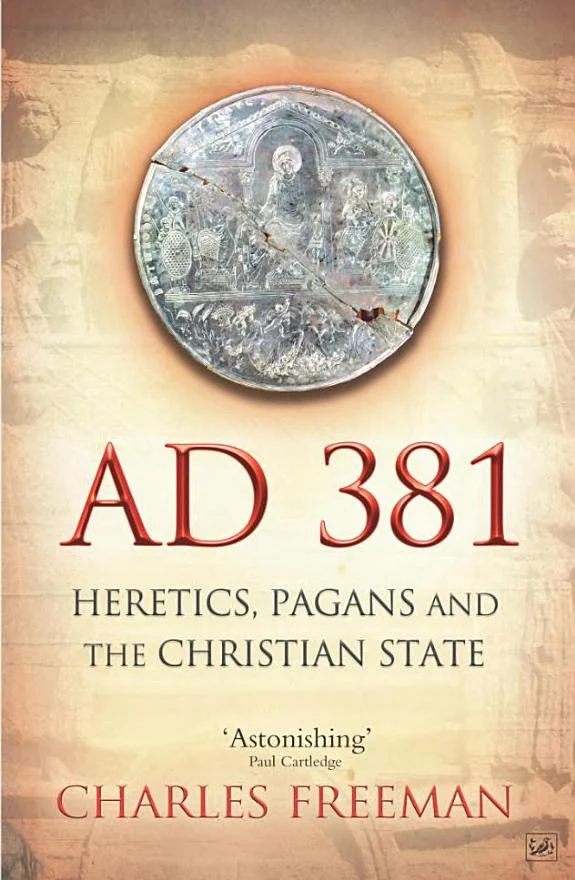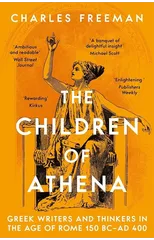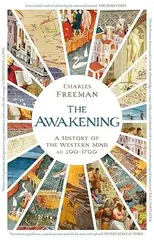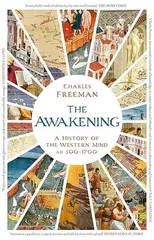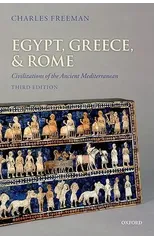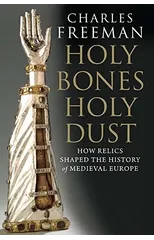AD 381
Heretics, Pagans and the Christian State
(Author) Charles FreemanA provoking and timely examination of one of the most important moments in Church history. In 381 AD, Theodosius, emperor of the eastern Roman Empire, issued a decree in which all his subjects were required to subscribe to a belief in the Trinity of the Father, Son and Holy Spirit. This edict defined Christianity; all other interpretations were now declared heretical. Moreover, for the first time in a thousand years of Greco-Roman civilization, free thought was unambiguously suppressed. Yet surprisingly, this political revolution, intended to bring inner cohesion to an empire under threat from the outside, has been airbrushed from the historical record.
Charles Freeman
Charles Freeman is a historian and author known for his works on ancient history, particularly focusing on the Roman Empire and the origins of Christianity. His most notable works include "The Closing of the Western Mind: The Rise of Faith and the Fall of Reason" and "A.D. 381: Heretics, Pagans, and the Dawn of the Monotheistic State." Freeman's writing style is characterized by meticulous research and engaging storytelling, making complex historical topics accessible to a wide audience. His contributions to literature include shedding new light on the intersection of religion, philosophy, and politics in ancient times. "The Closing of the Western Mind" is perhaps Freeman's most famous work, exploring the decline of classical learning and the rise of Christian orthodoxy in the early medieval period. Through his work, Freeman has had a significant impact on the understanding of ancient history and the development of Western civilization.
